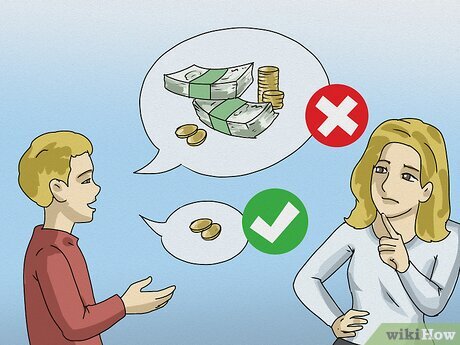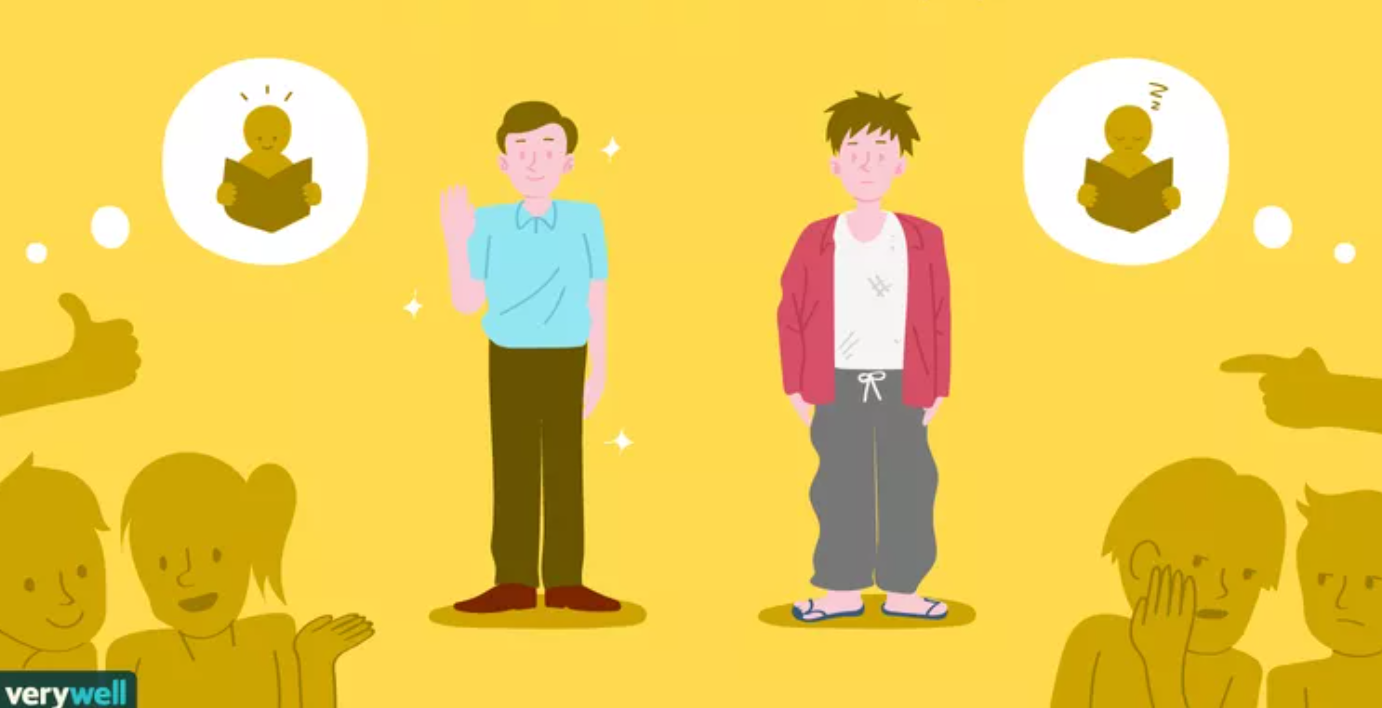Chp 4/5 Attitudes & Attributions
1/57
Earn XP
Description and Tags
quiz 3/10
Name | Mastery | Learn | Test | Matching | Spaced |
|---|
No study sessions yet.
58 Terms
attitude
enduring evaluation towards thing (cannot be fleeting)
Sleeper effect
you forgot who told you but your opinions change over time
central route
facts, logic, pros & cons, details, logic, flow charts, requires thinking
peripheral route
emotion, relies on heuristics, like elevator pitch
strong message
data/stats/base rate info
weak message
opinion/anecdotes (w/ maybe one outlier)

foot in the door
ask for a little favor & then later ask for a big favor

door in the face
asking for a big favor knowing you’d be rejected then ask for a (relatively) smaller favor
low ball
say price is lower than it actually is (like price before v after taxes)
bait & switch
cheap good advertised is out of stock when you get there only expensive version there
reciprocity (pre-giving)
giving something unsolicited →set up expectation for gift/$ in return
Source expertise w low personal relevance issue
rely on the person telling us versus quality
Source expertise w high personal relevance issue
rely more on quality of info versus the person telling us
self perception
behavior used to determined feelings (I hugged him bc I like him…duh…?)
postdecisional dissonance
regardless of which you choose you’ll feel regret →cognitive dissonance →rationalize →we like our choice better
Insufficient justification
we think we cause behaviors but it’s the situation
overjustification
you get reward →we think we only do behavior for the reward & not our personal enjoyment
negative state relief
how we minimize our discomfort. Take action v walk away
Inoculation effect
forewarning of peer pressure (like counterargument in essay). prep to fight against peer pressure
psychological reactance
when we feel like we are being told what to do & we don’t like it we’ll go in the opposite direction (D.A.R.E →doing drugs)
how do we feel about warm & cold
we like warm better than we like cold. EX of central traits
what are we good at finding in people?
competence, sexual orientation, confidence, power, anger, personality, political orientation, likeability, optimism
what do liars do more of?
negative statements, less personal accounts, higher pitched, tense, take longer, fewer details, pause more frequently
principal of attitude consistency
for any given attitude object, the ABCs of affect, behavior, and cognition are normally in line with each other
Theory of planned behavior
intention to perform behavior → predicts our actual behavior
are we supported doing behavior (group norms)
strength of attitude
how much we believe we can do the action
forewarning
telling someone about peer pressure →letting them practice standing their ground = resistance to persuasion
person perception
the process @ learning about others

halo effect
influence of a global positive evaluation of a person on perceptions of their specific traits
casual attribution
process of trying to determine the causes of someone’s behavior
personal attribution
we believe the behavior is caused by the person
situational attribution
we believe the behavior was caused by the situation not the person
covariation principle
a given behavior is more likely to have been caused by the situation if that behavior changes (covaries) across situations
consistency info
the situation consistently (always) causes the behavior
distinctiveness info
the behavior distinctly (only) happens because of the situation
consensus info
the situation causes similar behaviors in most other people
fundamental attribution error
overestimate how behavior is PERSONAL like personality v a result of the situation
*we think the behavior is fundamental to their personality
correspondence bias
tendency to form assumptions about a person's character based on their behavior
*corresponding behaviors we think correspond to personality
actor-observer bias
(tendency) when it comes to others we attribute their behaviors to them as a person but if it’s us, awww it was the situation that caused us to do that not us as a person
trait ascription bias
we view our traits/personality/behaviors as more fluid than other people
*Tommy Alone Believes he is more variable than other people
self-serving bias
when we do good it’s because we are serving, we literally did all of that by ourselves but when we fail that’s obvi other people’s fault & the messed up situation
*we are biased to believe when we succeed it’s bc we serve ourself success but when we fail others/situations serve us failure
self-serving attribution
we say things bc we wanna view ourselves in a pos light
*Sasha Says I’m Awesome
group-serving bias
when our group does good it’s because we are serving, our literally did all of that by ourselves but when we fail that’s obvi other people’s fault & the messed up situation
*our group serves success & other groups serve failure bias
group attribution error
we see one of the opp group’s team members do something disgusting like two times ever→so we assume the entire opp group is disgusting bc of small observations (aka we generalizing!)
*When I see the one of the opps make an error I think the whole opp group is stupid
just-world bias
the world is fundamentally just & good, so like people get what they “deserve”…like sexual harassment…
defensive attribution
well this would never happen to me & if I were hypothetically the victim it wouldn’t be my fault. It’s the victim’s fault, she should’ve known better than wearing shorts in summer…
*we defend ourselves in the hypothetical better than the victim in reality
need for cognition
tendency to think carefully and fully about our experiences
self-hadicapping
when we make statements/do behaviors to create convenient external attribution for potential failure
entity theorist
tend to believe that people’s traits are fundamentally stable and incapable of change
incrementalist theorists
believe that personalities change a lot over time and who therefore are more likely to make situational attributions for events
attribution style
type of attributions that we tend to make for the events that occur to us.
stable attribution
we think this is relatively permanent
unstable attribution
expected to change
global attribution
broad appliance
specific attribution
those we feel apply to specific events
negative attribution style
tendency to explain negative events by referring to their own internal, stable, and global qualities
learned helpness
continually make external, stable, and global attributions for their behavior
positive attribution style
ways of explaining events that are related to high self-esteem and a tendency to explain the negative events they experience by referring to external, unstable, and specific qualities
unrealistic optimism
tendency to be overly positive about the likelihood that negative things will occur to us and that we will be able to effectively cope with them if they do